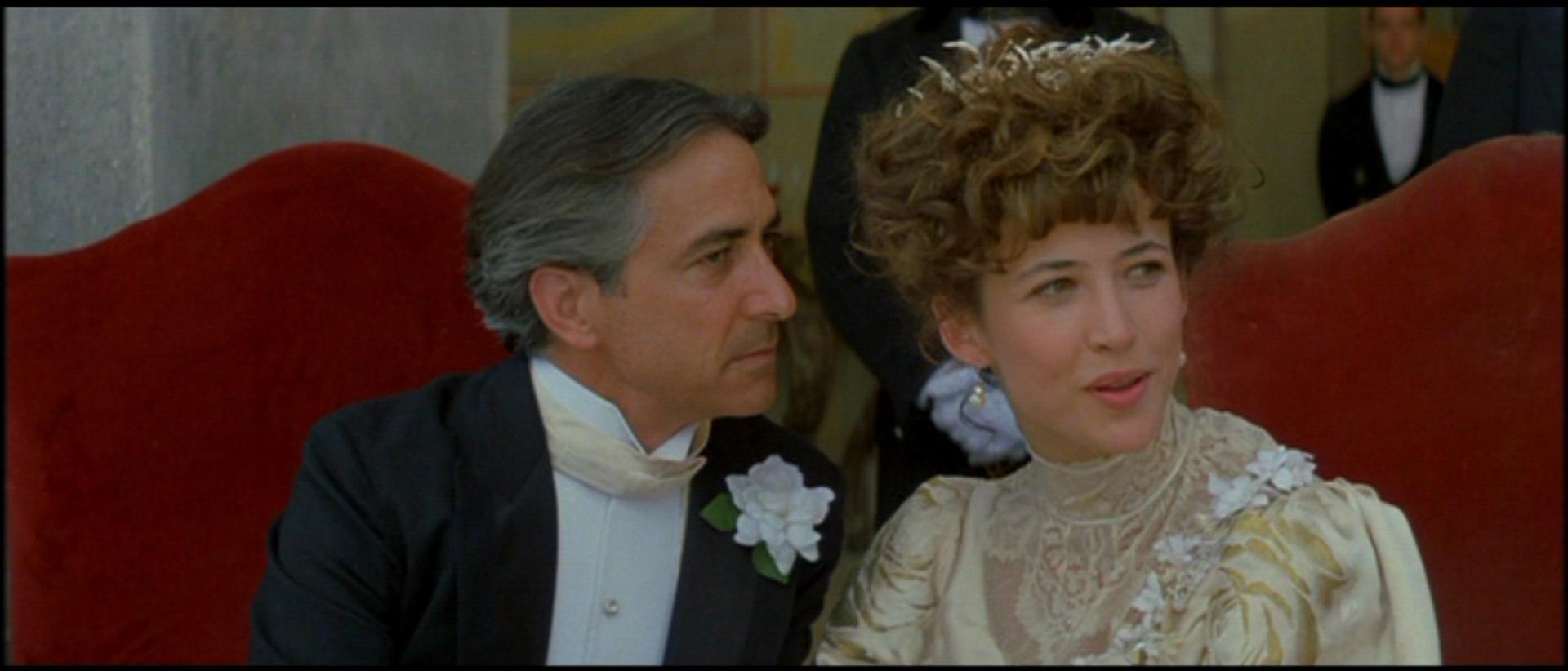One motivation for relaunching Quintessence of Dust was my desire to write about things I'm reading, whether books or articles. So here is this month's entry in my new series, What I'm reading, posted at the start of every month.
I bought this book in March at the Tucson Festival of Books after a fascinating event called "She persisted". Even got my copy signed! WBUR loved it. I asked the author whether it would matter that I (unlike, I think, everyone else at the event) have never read The Scarlet Letter and was assured that it would not. Just started (finally).
Continued from June. I only recently read American Gods (I know, I know!) and of course loved it. (I was late to the party but at least I read the "author's preferred text.") My brother's favorite book by Gaiman is Neverwhere, and I'll get there, but I grabbed this nice collection of stories and poems at Bookmans and am almost through.
Non-fiction
I wrote about this book and my experiment (before and after reading). The first chapter was harrowing and introduced me to the term "complicitor" and outlines Bazerman's approach, which is case-based and more "practical" than what philosophers do. I should have known that Aquinas was an original source of instruction on complicity, but I didn't.








